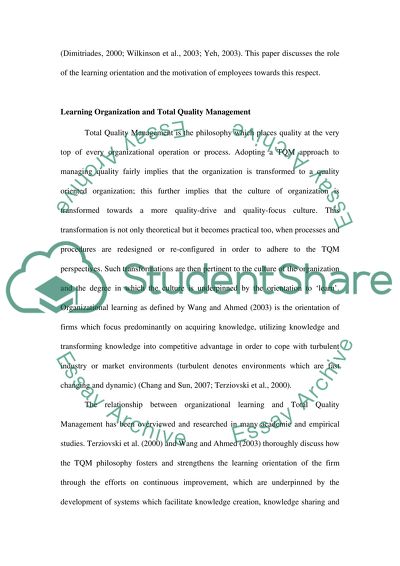Cite this document
(“The roles of learning and motivation in total quality management Essay”, n.d.)
The roles of learning and motivation in total quality management Essay. Retrieved from https://studentshare.org/miscellaneous/1571552-the-roles-of-learning-and-motivation-in-total-quality-management
The roles of learning and motivation in total quality management Essay. Retrieved from https://studentshare.org/miscellaneous/1571552-the-roles-of-learning-and-motivation-in-total-quality-management
(The Roles of Learning and Motivation in Total Quality Management Essay)
The Roles of Learning and Motivation in Total Quality Management Essay. https://studentshare.org/miscellaneous/1571552-the-roles-of-learning-and-motivation-in-total-quality-management.
The Roles of Learning and Motivation in Total Quality Management Essay. https://studentshare.org/miscellaneous/1571552-the-roles-of-learning-and-motivation-in-total-quality-management.
“The Roles of Learning and Motivation in Total Quality Management Essay”, n.d. https://studentshare.org/miscellaneous/1571552-the-roles-of-learning-and-motivation-in-total-quality-management.


